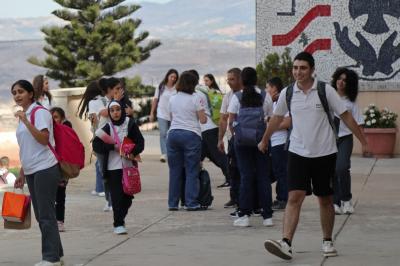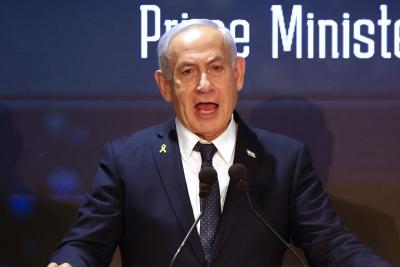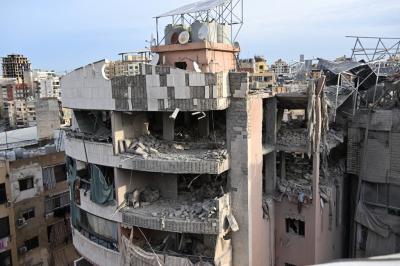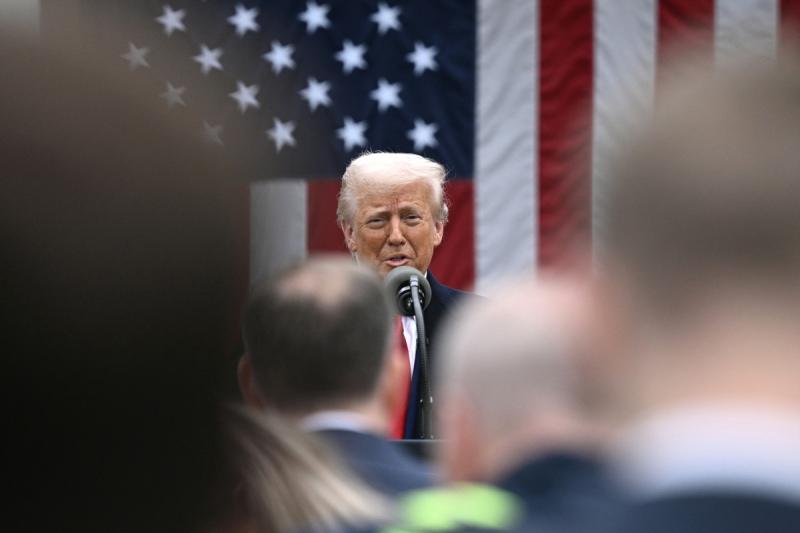Despite the economic hardships, the aftermath of the 2020 Beirut port explosion, and challenges in the hospitality and restaurant sectors, the organizers of Horeca have not given up.
From April 16 to 19, 2024, industry professionals will meet at the Seaside Arena in Beirut in a welcoming atmosphere and a space designed to facilitate exchanges.
The Minister of Tourism, Walid Nassar, speaking at a panel on the sector, stated: « We cannot stop the war in the south, but we know how to hold our ground, each in his own field. »
Pierre Achkar, president of the Federation for Tourism and the Hotel Association in Lebanon, emphasized: « For 30 years, our sector has never known stability. After the 2020 explosion, we managed to rebuild Beirut with limited means, without loans, without aid, and without the support of banks. We will continue to overcome difficulties at all costs. »
Tony Ramy, president of the syndicate of restaurant, cafe, nightclub, and pastry shop owners in Lebanon, affirmed: « I am personally investing in 13 new restaurants in Lebanon and I encourage everyone to invest in the country despite the political and economic uncertainties. Last summer, about 330 new establishments opened, 30% of which were very successful. Before the crisis, Lebanon had about 8,500 restaurants, which fell to 4,500 during the crisis. We hope for better security conditions and political stability for the summer. »
Tarek Alameddine, co-founder of the new and luxurious Buco Burger Bar, noted: « The Lebanese restaurant market is saturated. To open a new Italian restaurant, it is essential to focus on innovative concepts, quality products, and new atmospheres. »
Maya Bekhazi, CEO of Bobo Fou Bistro, observed: « There is a trend towards opening smaller restaurants and moving away from urban centers. »
Jean Beyrouthi, president of the Union of Beach Resort and Beach Owners, mentioned: « The influx of visitors, largely due to the Lebanese diaspora, has supported beach resorts and beaches, but since the war in Gaza and South Lebanon, numbers have dropped. I hope that hotels can compensate for the losses due to the war this summer. »
Chirine Salha, a shareholder of the Phoenicia Hotel in Beirut, explained that « the hotel is attracting an increasing number of affluent guests from Qatar, Kuwait, and Iraq, and Iraqis particularly appreciate the proximity to Hamra and the sea view. Syrians coming from abroad see Lebanon as a transit stop where they spend a few days. The number of visitors from Europe has decreased since the war in Gaza and we do not expect this number to increase this summer. »
Georges Ojeil, general manager of the luxury Four Seasons Hotel, announced that « the reopening of the establishment, damaged in the 2020 Beirut port explosion, is imminent, but no official date has been set yet. »
Roy Bou Gharios, general manager of Voco Hotels, is planning new hotel projects in downtown Beirut.
Mohammad Yassine, general manager of the Radisson Blu Hotel, revealed that « Radisson Blu plans to open a new hotel outside the capital. »
Marwan Haber, head of the commercial division of Middle East Airlines, noted that « 85% of passengers on flights between Lebanon and other countries hold a Lebanese passport and almost all MEA flights are full, but this does not translate into an increase in traffic, as the company has reduced the frequency of its flights due to regional tensions related to the war between Israel and Hamas and its repercussions in Lebanon ; however, we hope for an increase in bookings during the summer. »
Walid Nassar, Minister of Tourism, stated: « Last summer (until the end of August 2023), 31% of the 2.8 million tourists who arrived in Lebanon were Europeans and members of the Lebanese diaspora holding foreign passports. Lebanon hopes to welcome more tourists from neighboring Arab countries this summer, but this will depend on a political decision by the Gulf countries. About 850 Qatari tourists arrived in Lebanon during the last Easter and Ramadan holidays. »
 French
French














